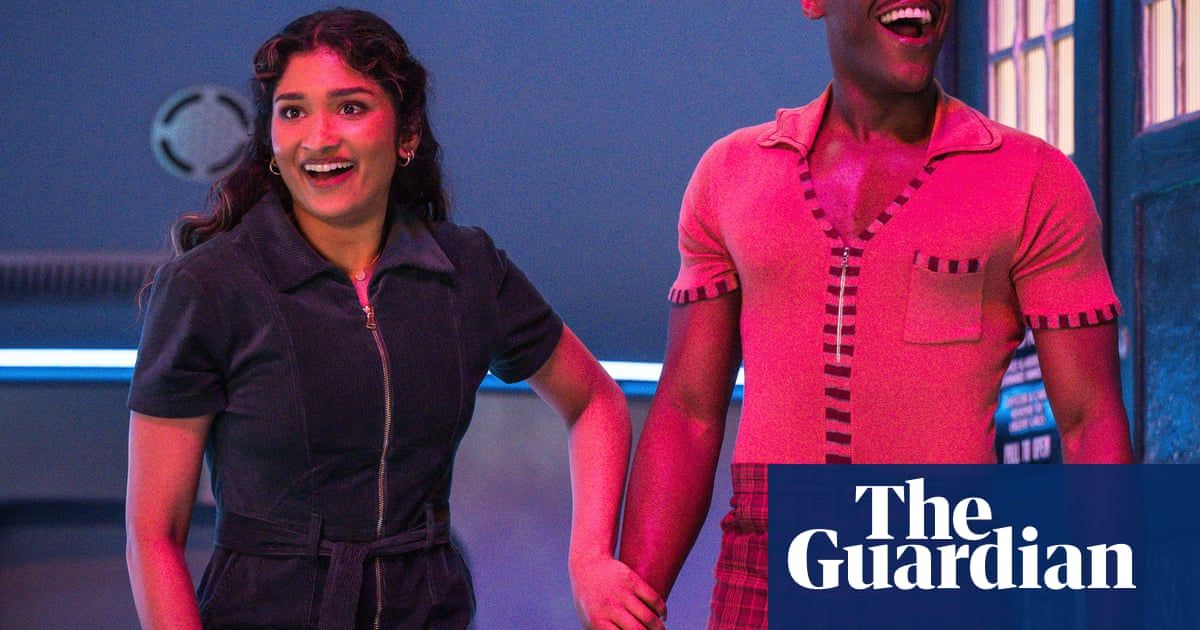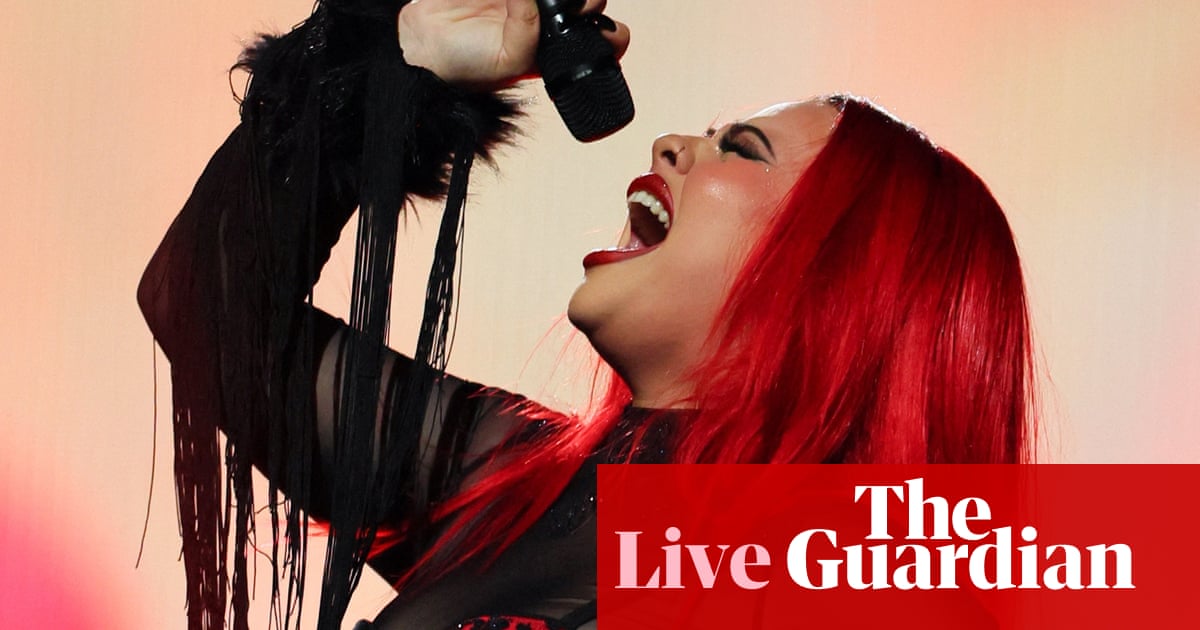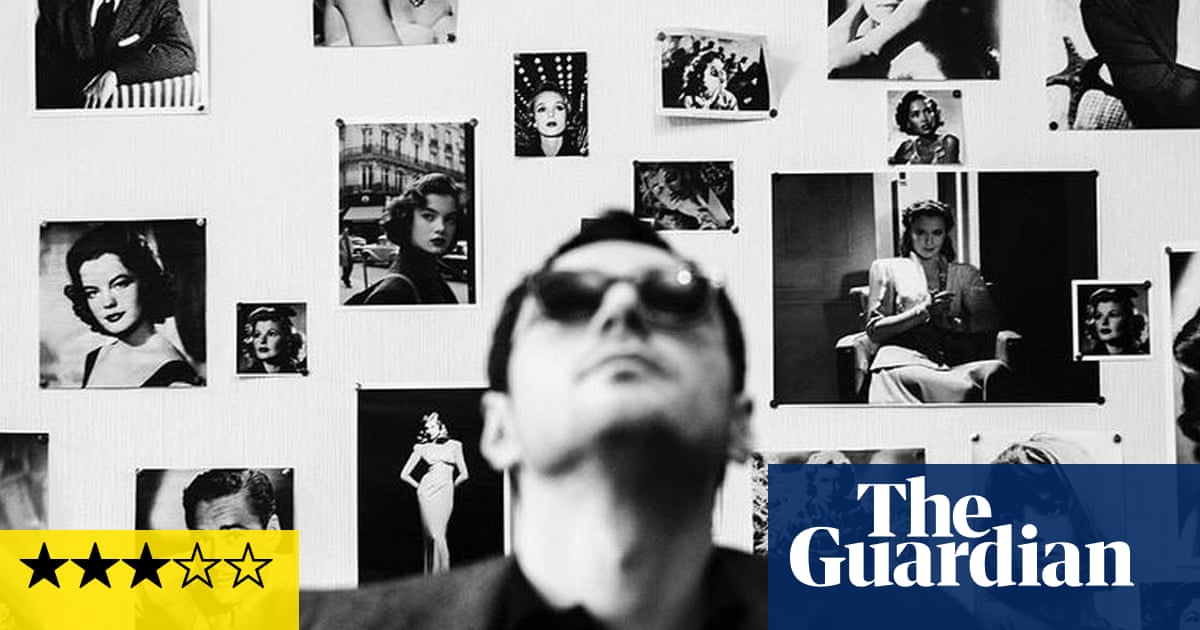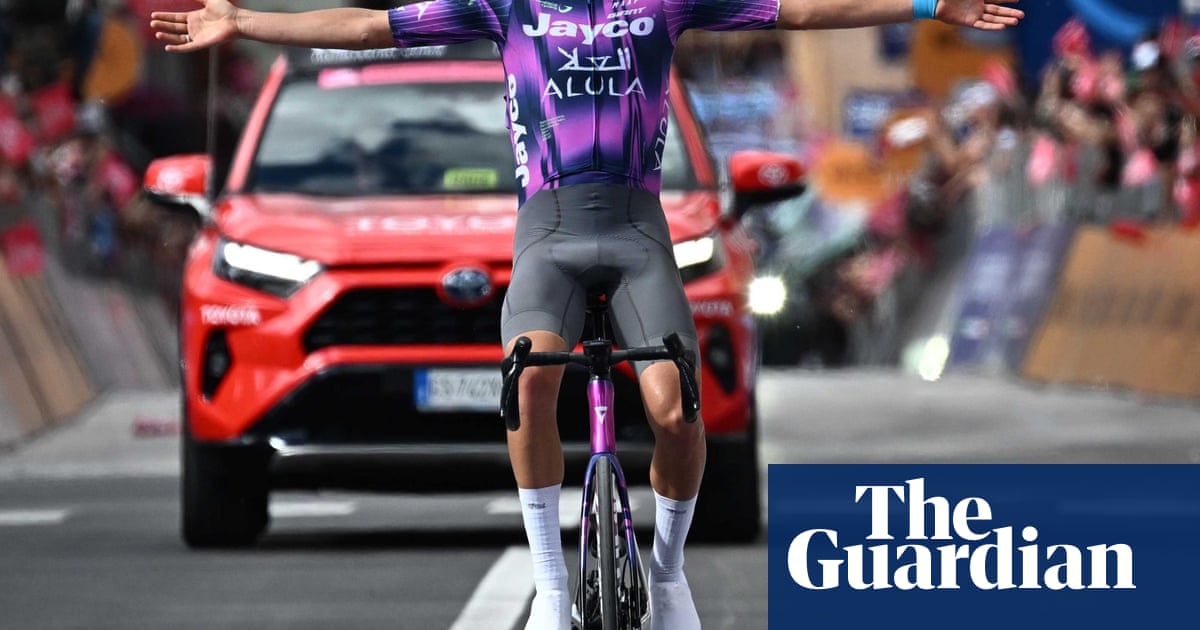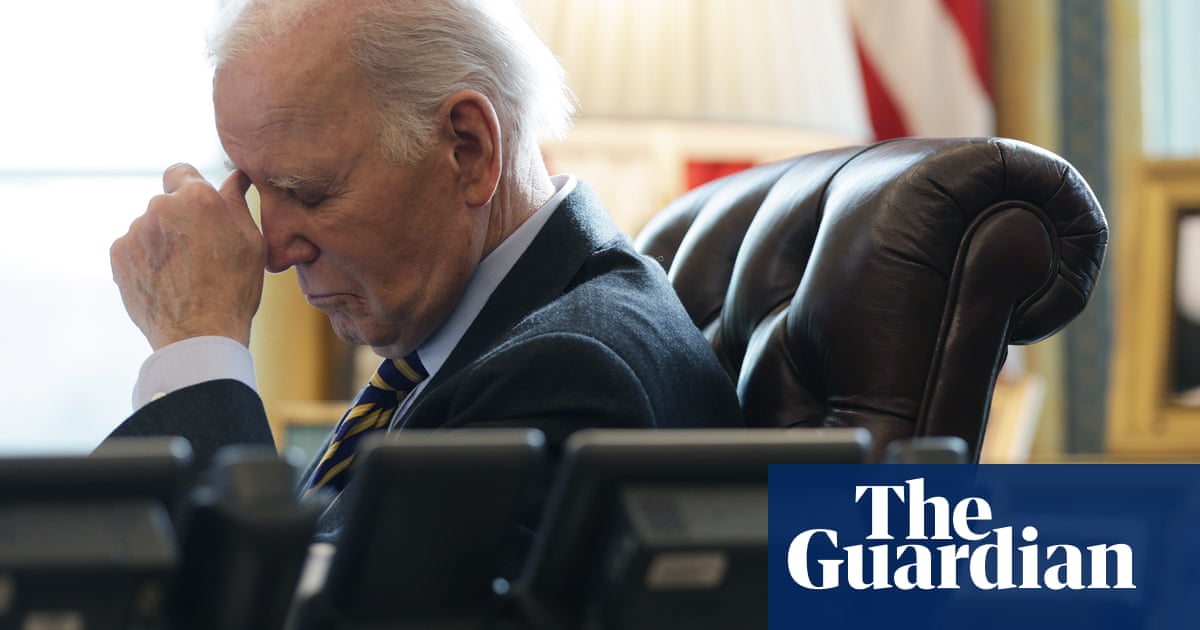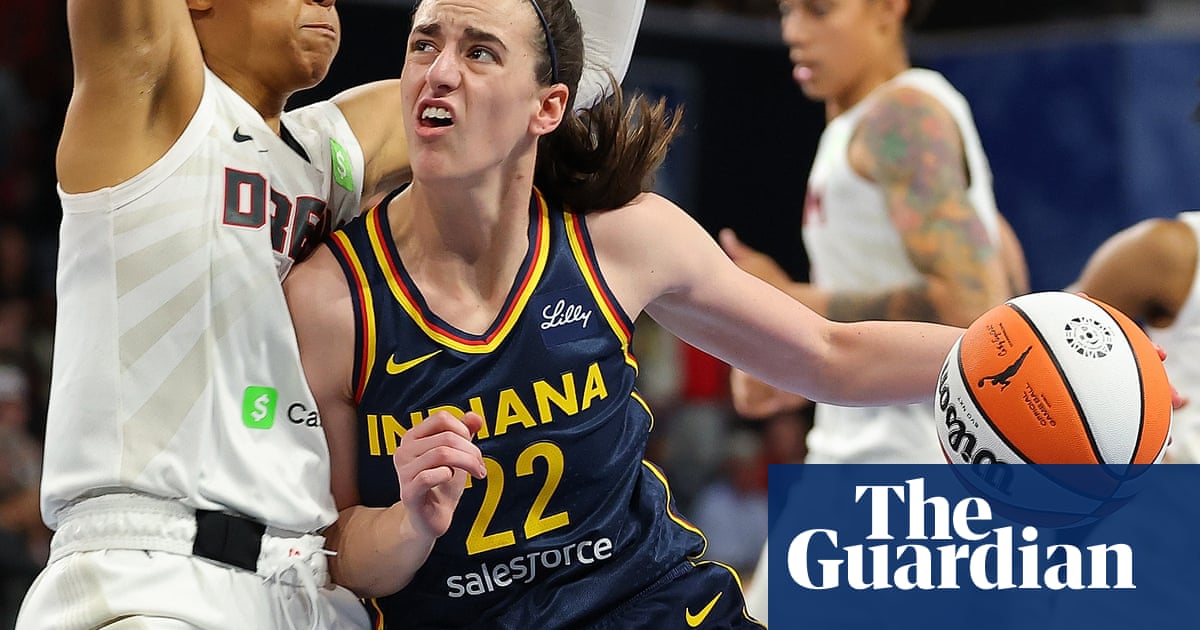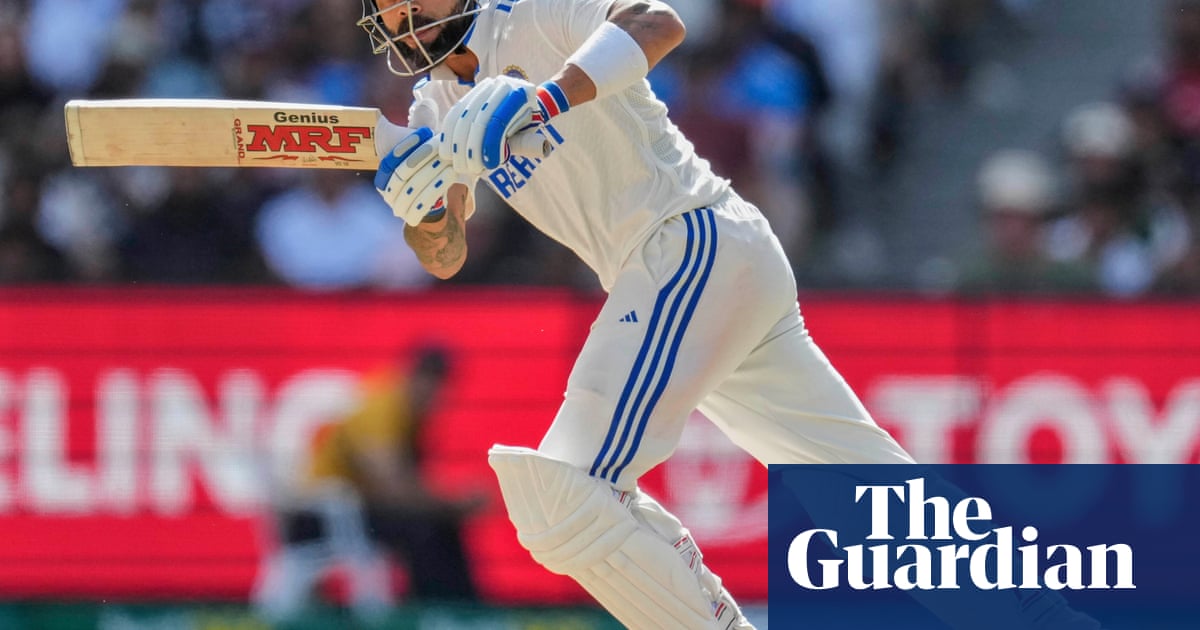To get a handle on the US sitcom’s evolution over the past few decades, look no further than the artform’s highest accolade: the Emmy award for outstanding comedy series. Until the mid 00s, wisecrack-heavy domestic crowd-pleasers (Friends, Frasier, Seinfeld) tended to scoop the prize. Then came the cringe, with mockumentaries (The Office, Modern Family) and workplace satires (30 Rock, Veep) taking over. The 2020s, however, have seen the award undergo something of an identity crisis. After the saccharine dramedy Ted Lasso triumphed two years on the trot, the gong was given to The Bear, an emotionally haunting series about a grieving Chicago chef that many believe is categorically Not a Comedy – including Emmy hosts Dan and Eugene Levy, who made a gag to that effect during the 2024 ceremony.
That year, fittingly, The Bear lost out – to HBO Max’s Hacks, a show nobody could accuse of being light on jokes. Chronicling the fortunes of seventysomething standup Deborah Vance (Jean Smart) – think a slightly less outrageous Joan Rivers – who is paired with young comedy writer Ava Daniels (Hannah Einbinder) to revamp her stale Vegas act, Hacks is myopically fixated on comedy, from the mechanics of the one-liner to the near-the-knuckle banter that forms the bedrock of Ava and Deborah’s relationship. But funnily enough, the show doesn’t really diverge from the recent Emmy pattern: it might be preoccupied with humour, but the script never once tips into giddy hilarity. Hacks just isn’t that bothered about making you laugh.
Award category headaches aside, that’s not necessarily a criticism. While it probably won’t have you in stitches (unless Deborah’s stagey insult comedy happens to be your thing), Hacks is still a hugely compelling and entertaining show, as this third season – which arrives at last on UK screens having aired in the US last May – proves. Having steered Deborah from has-been to standup superstar, the season two finale saw Ava finally leave her employ to spread her writerly wings. This instalment picks up a year later, with Deborah living it up in a celebrity dreamworld – red carpets, fawning journalists, audiences eating out of the palm of her hand – while Ava has established a down-to-earth but still pretty idyllic existence in LA, where she cohabits with her hot actor girlfriend and writes on a smart topical satire show. But then the pair bump into each other at a comedy festival. At first things are frosty: Ava wants to know why Deborah completely cut her off after they parted ways. Once they get home, however, the pair start compulsively texting each other like a pair of infatuated teenagers. Before we know it, Ava has dropped everything – job and girlfriend included – to start writing for Deborah again and move back into her house. Who needs boundaries?
Their reunion may be littered with red flags, but it is also crucial for the show’s existence. Hacks is all about Deborah and Ava’s dysfunctional love story. The pair are chalk and cheese: Ava a tomboyish goofball with gen Z ideals, Deborah an uber-glam, uber-wealthy social operator who refuses to see the problem with problematic humour. They’re also codependent, both career-wise – Deborah needs Ava to stay relevant, Ava needs Deborah to accrue industry status – and personally, thanks to a bitchy mother/daughter dynamic they both find thrilling and addictive (Deborah has her own daughter DJ who fails to occupy that role, being relatively slow-witted and also unamusingly damaged by her mother’s neglect).
While the duo’s relationship is the show’s beating heart, the action itself is firmly rooted in the intricacies of the US comedy industry. It’s a fairly niche subject and some storylines may prove a slog for British audiences, who have less investment in the succession games of late night chatshows or the odd, off-colour gags that characterise comedy roasts.
But stick with it and you will be rewarded with one of the most compelling character studies currently gracing our screens. Via Deborah, the show’s creators are able to muse on the nature of success and happiness through an uncommon vessel: an elderly woman. Deborah is incredibly cold, shockingly selfish and unbelievably mercenary; Hacks spends an inordinate amount of time documenting the way the already filthy rich comedian obsessively monetises her brand with a range of crappy products. Yet thanks to Smart’s nuanced, three-dimensional performance, her absolute narcissism is accompanied by a sense of fragility and frustration. Despite her age, she is still desperately, brutally ambitious, clearly convinced that adulation will eventually fill that hole in her soul. It’s more sad than funny – but then that’s modern comedy for you.

 3 months ago
42
3 months ago
42
